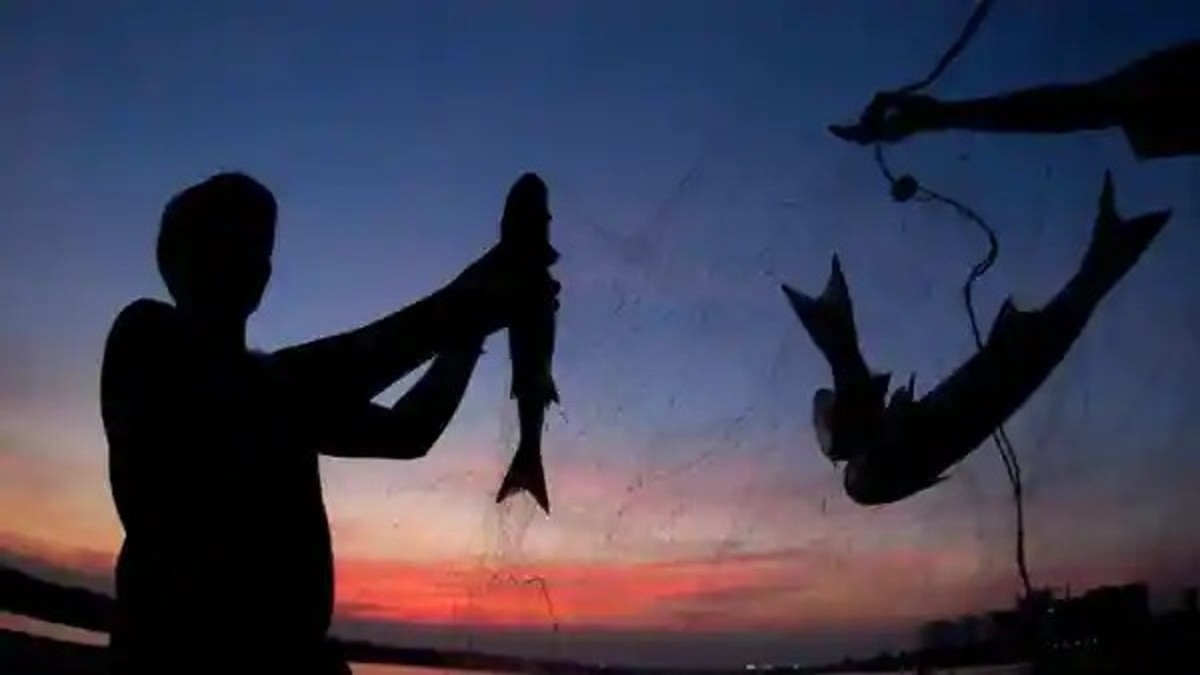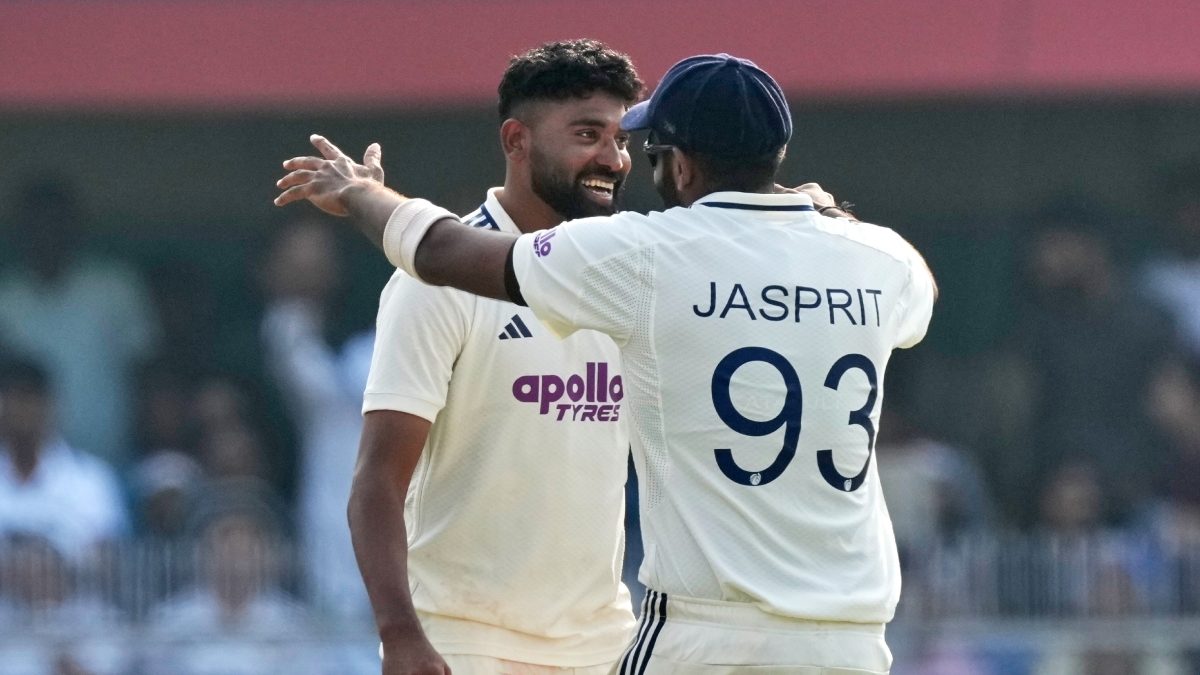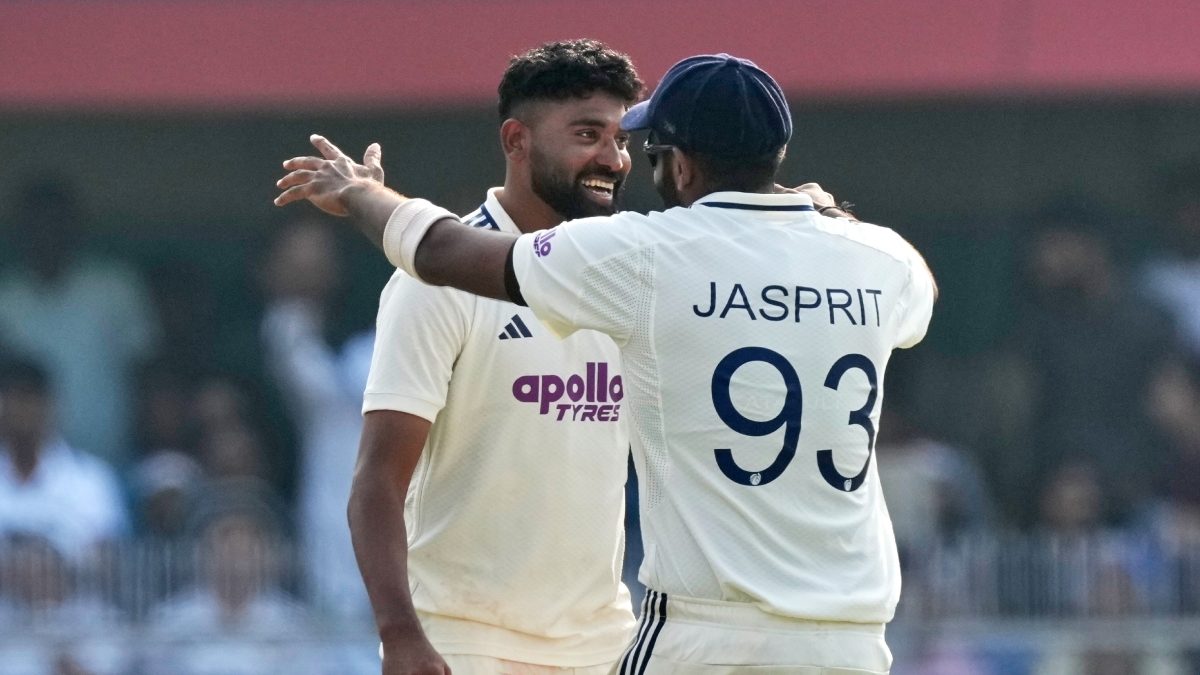Even as the government is proceeding confidently towards building a global blue economy for the future, the recent publication of new deep-sea fishing rules can add much more than is understood. The idea is to fully exploit the nation’s marine wealth spread across the 223-lakh Exclusive Economic Zone (EEZ), starting with fish and other food products, which have great export potential, hence forex possibilities, too.
To begin with, a greater catch, without over-exploitation or glutting the local market, too, can help increase the intake of protein and essential minerals among people, particularly the economically weaker sections of the society that can’t otherwise afford other high-protein food products. But there is more to it, and that is what the new rules imply.
There is an old adage popular among academics studying the nation’s marine wealth in the context of the EEZ, which is likely to be expanded further, that most fish in our waters die of old age and natural causes, as there is little or inadequate exploitation. At the same time, over-exploitation in nearer waters, closer to the shores, however relative, has led to multiple disputes among fishers of our own land and those involving their counterparts from neighbouring countries, particularly Sri Lanka, but also Pakistan, Bangladesh and Myanmar, among others.
Domestic disputes involve protests and mid-sea battles between artisanal fishers and mechanised boats on the one hand, and bottom-trawlers on the other. The tendency of the latter class to intrude into the five-kilometre waters if there is a good catch has been amply recorded. So there have been quarrels between mechanised fishers and artisanal fishers on the one hand, and between mechanised fishers from two adjoining states within the Indian Union.
Typically, Andhra fishers have been known to ‘arrest’ wanton intruders from adjoining Tamil Nadu, with their boats and catch, and demand high costs and fines from the owners in the Tamil Nadu capital of Chennai and neighbourhoods. It is a kangaroo court of sorts, but that works, and that alone works, according to the Andhra fishers. Seldom does the law and order machinery intervene, as seldom do those ‘arrested’ register a formal police complaint to begin with.
Quick Reads
View AllIn a way, the new deep-sea fishing rules are only a codification and/or updating of the policy that has been around for a long time. The idea has a greater focus this time, to help the deep-sea fishers just as the Centre has been supporting and subsidising farmers on land—to produce more. The success of the new rules depends on reaching and engaging the fishing communities along the nation’s 11,099 km coastline. This is apart from the freshwater river fish industry, which is much more in the unorganised sector than coastal fishing.
According to the official statement, the coastline and EEZ together provide livelihood to more than 50 lakh people in the fishing community. The spin-off effect on families and communities will be much more. A focused study needs to be undertaken to evaluate the cause-and-effect factor in this sector. The new rules, for instance, mark a shift towards community-led models, combining digital innovation with sustainable fishing practices.
Joint Enforcement
Going by present experiences, it is better said than done. Yet, the need for introducing standards about the length of individual fish species that can be caught and the mandatory need for returning the younger ones into the sea cannot be gainsaid. It is here the government’s enforcement machinery is non-existent or ineffective. To be precise, elsewhere in the world, neighbouring nations have been sharing their fish catch or have even fixed upper limits for total catch by their deep-sea fishing vessels, mostly in the private sector.
Such nations also have joint enforcement mechanisms that at times stop overloaded vessels, check their catch against the annual/seasonal allocation made for individual nations, and together dump the stored catch into the sea if it exceeds the bilateral agreement. There can also be monetary penalties on the fishing corporates, seizure of vessels for non-compliance and even penal proceedings in courts. What Enforcement India and the Indian deep-sea fishers need to know is the way the system has worked successfully in those nations/regions. Hence, there should be lesser difficulty in Indian authorities enforcing the standardisation rules exclusively for Indian fishers.
Suffice it to point out that the new rules clearly prohibit foreign deep-sea vessels from poaching in the Indian EEZ. The question is if the Centre would legally authorise the Indian Coast Guard (ICG) to intervene effectively in such cases like the way the Sri Lankan Navy (SLN) has been acting in the mid-seas, arresting fishers on board Indian bottom-trawlers mostly from southern Tamil Nadu’s Rameswaram coast, with their vessels, on the twin chances of violating Sri Lankan sovereignty on their side of the IMBL and also for poaching.
After Parliament cleared the government-moved law a few years back, Sri Lankan courts too have been handing down harsh punishments on Indian fishers arrested mid-sea. Pending a negotiated settlement, there is a clear/interim need to educate the Rameswaram fishers over the Sri Lankan laws, which too would require revision if there is a mutually agreeable solution. This by itself should hasten the need for a negotiated settlement—or educate the Rameswaram fishers on the ground realities, which are far from what they have known it to be and want it to be for generations and centuries.
Cultural Inhibition
Together, the Centre and the Tamil Nadu Government began implementing a jointly funded deep-sea fishing project for Rameswaram fishers as far back as 2011, if only to ensure that they did not continue with the banned bottom-trawling and purse seine nets. The greater concern was to dissuade them from crossing the IMBL, which is a creation of the times, and also not to interfere with the livelihood of the Sri Lankan Tamil fishers, who were just recovering from three decades of ethnic war and its economic consequences, given the presence of the LTTE’s Sea Tigers.
The AIADMK Government of late Chief Minister Jayalalithaa was diffident despite the Ministry of External Affairs (MEA), charged with the task of resolving the Palk Bay dispute amicably, coming up with the deep-sea fishing proposal as a viable long-term alternative. However, once she got hooked on to it, successive state governments did try to promote the cause—but were not adequately successful.
As was already known, the Rameswaram fishers in particular were not known to have stayed out in the sea for more than one night at a time. For them, long stays under the deep-sea fishing scheme were unacceptable. It was a cultural inhibition for them, and the Centre especially was aware of it even at commencement.
However, it was ‘Cyclone Ockhi’ in 2017 that disincentivised deep-sea fishing for Rameswaram tradesmen. Unconfirmed reports that hundreds of fishers from the southernmost Kanyakumari, long experienced in deep-sea fishing, had died in mid-sea when Ockhi struck were enough to put off Rameswaram fishers. No serious efforts have been made either to disabuse them of their perceptions from the past.
De-politicising Palk Bay
Today, for the Palk Bay fishing issue to be resolved amicably, negotiations are not the real way out. Even if the Colombo Government, independent of party or ethnic affiliation, agrees to it, the Tamil fishers of Sri Lanka’s North would continue to be uncompromising. Yes, they agree to let Rameswaram/Indian fishers in under conditions, but the topmost in the list is for the latter to give up bottom trawling and purse seine nets. It is not an attractive proposition for the Indian fishers, who are still ready to risk getting caught by the Sri Lankan Navy along with their trawlers and sent to prison for long terms by Sri Lankan courts. It’s not going to work in any negotiations.
What then is the way out? De-politicising Palk Bay fishing very consciously should be the first step. In Sri Lanka, for instance, there is a nascent belief that Tamil fishers of the North are now siding with the ruling JVP. Hence, the chances of the government of President Anura Kumara Dissanayake taking India’s side are just not on. Within India, competing political parties should understand that while the Palk Bay dispute, especially the SLN arrest of Rameswaram fishers, is a live political issue, it has never ever been an electoral factor. It has not decided the Assembly or Lok Sabha polls in the Ramanathapuram LS constituency, of which Rameswaram is only a part.
In the midst of the Sri Lanka Navy frequently arresting Rameswaram fishers and their incarceration by local courts, Tamil Nadu’s DMK Chief Minister M K Stalin has been writing to External Affairs Minister (EAM) S Jaishankar to obtain their freedom. The Centre follows up on the same and has been able to obtain their freedom in many, if not most or all, of the cases. All of it has exposed the Rameswaram fishers to the limitation of bilateral relations and internal laws, with the result that they have been realistic enough not to overdo their demands and protests. So much so that, ahead of the 2011 Assembly elections, an all-party delegation of Rameswaram trawler fishers met leaders of all political parties in the state and urged them not to hijack what was a livelihood issue for them.
Persuasive Way Out
Indications were that the governments at the Centre and the State would work together independent of their political and ideological differences once last year’s Lok Sabha polls were behind. However, Prime Minister Narendra Modi and EAM Jaishankar revived another part of the fishers’ dispute by reopening the ‘Katchchatheevu issue’. Like AIADMK’s Jayalalithaa before them, the two BJP leaders, in the midst of the LS poll campaign last year, blamed what they called the ceding of the unmarked tiny islet to Sri Lanka on the ruling Congress at the Centre and the DMK in the State, way back in 1974/1976. Today, when the State is on the cusp of yet another Assembly election next year, there is anxiety in circles concerned that contesting political parties should not take a short-sighted view of Katchatheevu, where local fishers have long since conceded that no fish grow any more.
All of it leaves the Rameswaram fishers with a fast-tracked limited option of looking at deep-sea fishing as the only way out. They need to be told that, like the (now-certified destructive) bottom-trawling that was introduced under Norwegian assistance, bottom-trawling will be more profitable and less hassled compared to the risks that they are facing while crossing the IMBL, which is for real and is not going to be changed. They also have to be educated and convinced that there is no way the Sri Lankan Tamil fishers of the North are going to agree to any shared fishing until the Indian counterparts give up bottom trawling and purse seine nets.
Possibly by deploying grassroots-level fisheries and revenue officials, and also by roping in local village panchayat leaders, the fishers should be encouraged first and trained next to take to deep-sea fishing. Their reservations flowing from cultural habits like overnight-stay-only-at-sea and real-life apprehensions after Cyclone Ockhi are not insurmountable if the government presses the local officials, community leaders, NGOs and also church leaders into moulding their views.
Truth be acknowledged, many, if not most, trawler owners in Rameswaram are self-sufficient in terms of funding, but the financial assistance now being offered for deep-sea fishing would check against risks in the medium term. The idea of a mothership and the like is alien to them all, and the governments at the Centre and the State should coordinate efforts to take Rameswaram fishers out in those motherships and expose them to the emerging realities in the Indian Ocean waters and how they too need to readjust themselves if they have to prosper. In fact, a decade or so back, two motherships from Australia anchored off the Chennai Port.
In the absence of adequate preparations to provide exposure to even local fishers who had taken to deep-sea fishing already, they spent a couple of months and went away. In fact, the mothership concept is only the next step to deep-sea fishing, or the more modern and more fisherman-friendly version, as it ensures that the captured fish can be stored without rotting and can be sold at attractive prices on a later day rather than being disposed of almost immediately.
Yes, there are cultural adjustments that they need to make; the fishers need to undergo them, but they also know that there are no fruits without sweat. Considering that many, and possibly most, trawler-owner families have their next generation taking to computer and management education in a big way, their exposure to other worldly ways is an advantage that the governments at the Centre and the State should press—and the nation would stand to benefit!
(N Sathiya Moorthy, veteran journalist and author, is a Chennai-based policy analyst and political commentator. The views expressed in the above piece are personal and solely those of the author. They do not necessarily reflect Firstpost’s views.)


)

)
)
)
)
)
)
)
)



